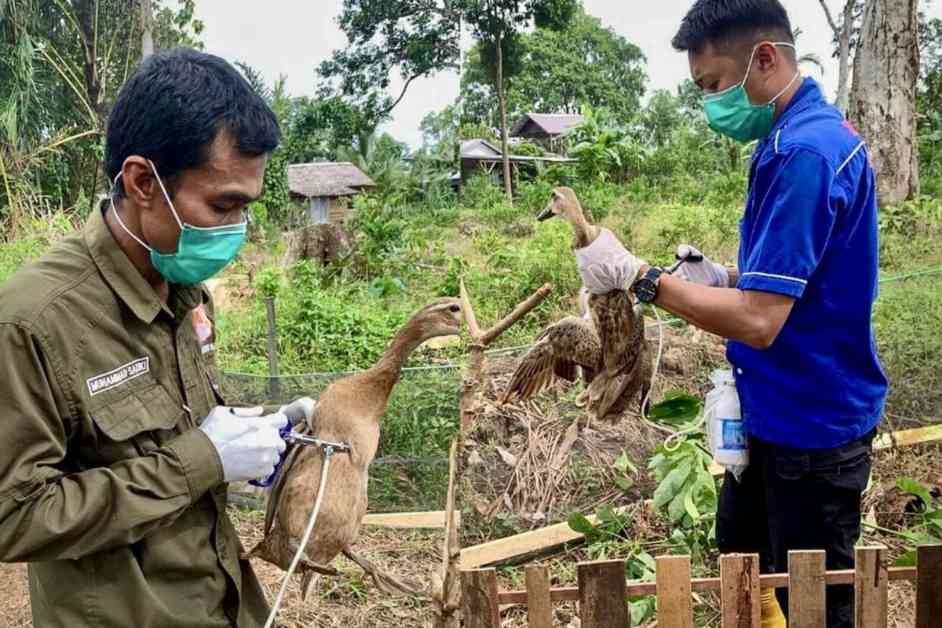Indonesia Steps Up Bird Flu Surveillance Amid Global Concerns
Amid reports of an uptick in bird flu cases worldwide, the Ministry of Health in Indonesia has taken proactive measures to intensify surveillance and prevent the risk of transmission. The acting director general of disease prevention and control, Yudhi Pramono, emphasized the importance of staying vigilant and implementing early preventive measures to protect the public.
Global Bird Flu Trends and Indonesia’s Endemic Situation
According to reports from international organizations like the World Health Organization (WHO), Food and Agriculture Organization (FAO), and World Organization for Animal Health (WOAH), there has been a noticeable increase in bird flu cases, particularly in mammals, across various countries. In Indonesia, bird flu remains endemic, with both Highly Pathogenic Avian Influenza (HPAI) and Low Pathogenic Avian Influenza (LPAI) viruses still circulating.
National Strategy and Anticipatory Measures
To address this growing concern, the Ministry of Health has issued a circular outlining guidelines for key stakeholders, including health offices, quarantine units, and hospital directors. The strategy focuses on enhancing surveillance systems, improving the capacity of health facilities and laboratories for early detection, and fostering cross-sector collaboration through the One Health approach.
Pramono also stressed the importance of individual responsibility in preventing the spread of bird flu. Simple actions like maintaining a clean and healthy lifestyle, avoiding direct contact with sick poultry, and reporting any unusual bird deaths can significantly contribute to containment efforts.
Community Cooperation for Public Health
In conclusion, Pramono highlighted the crucial role of cooperation between the government, healthcare workers, and the community in combating bird flu. By working together effectively, the potential spread of the virus can be mitigated while ensuring public health is safeguarded.
As we navigate these global health challenges, let us remember that our collective actions matter. By staying informed, following guidelines, and being proactive in our prevention efforts, we can contribute to a safer and healthier environment for all. Let’s prioritize health and safety, not just for ourselves but for the well-being of our entire community.






















